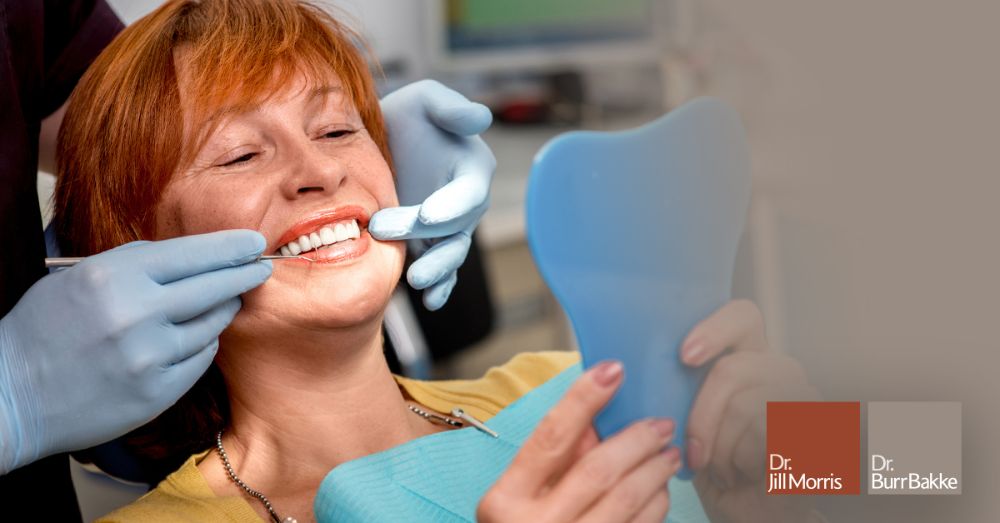Ceramic (Zirconium) Dental Restoration
They call them ceramic dental implants, ceramic teeth, ceramic implants and ceramic restorations, sometimes they call them zirconium implants, but what are they really? You have been told they are metal free but are they really ceramic and are they really metal free?
Are ceramic (zirconium) implants made from same stuff your favorite diner serves eggs-over-easy on? The same ceramic as the platter grandma used to bring out the Thanksgiving turkey on? The ceramic material that implants are comprised of isn’t the same as the ceramic material dishes and platters for the kitchen are made from but shares a relationship to the material used in ceramic knives and blades. Much more resistant to breaking and chipping than a ceramic dish or even a ceramic blade or knife.
Traditional Ceramics -vs- Advanced Ceramics
On Moh’s scale of Hardness zirconium rates between an 8.5 and 9. only diamonds are harder. So where does this wonder material come from? “Traditional” ceramics have always had clay as a component or ingredient, ceramics used for medical and engineering purposes are considered “advanced ceramics”. Advanced for the chemical purity and an engineering process that utilizes today’s technology to create a superior product. “Bioceramics”, the kinds used in medical procedures both as replacements to the skeletal structure and as dental implants, are a type of “advanced ceramic” specifically engineered to be bio-inert or non reactive to the human body.
The Chemistry Tells the Tale
On the periodic table you can find zirconium right next to titanium. They share several characteristics and are both considered a metal. Zirconium dioxide however is an entirely different material that, though related to it’s metallic counterpart, is not a metal.
Just as you would not call a fist full of rust “iron” and you would not call salt a metal, but Sodium is a metal. Zirconium dioxide is a crystalline version, chemically owning two additional oxygen molecules more than its metal cousin zirconium. Thankfully zirconium dioxide is not rust or salt, the intent here is to give some perspective on how intricate and intimate the chemistry world is. Small differences in molecular combinations mean the properties of a material can be drastically different from their purest form.
Zirconium oxide and the bio-ceramics derived from it are unique. In the dental field, full ceramic implants mean no longer settling for an alloy your body may eventually attack or reject. No longer resigned to a smile that looks anything but natural while offering less risk of fractures and splintering. It also means having a material in your mouth that tends toward promoting the vigorous health of your bone and soft tissues, while being less susceptible to bacteria, corrosion and discoloration.
Call Us
Our practice specializes in restoring perfect smiles. We have the expertise, training and equipment to safely give you the best care. Call us today.

